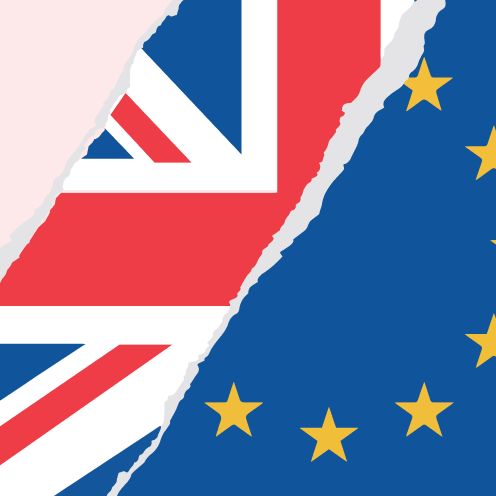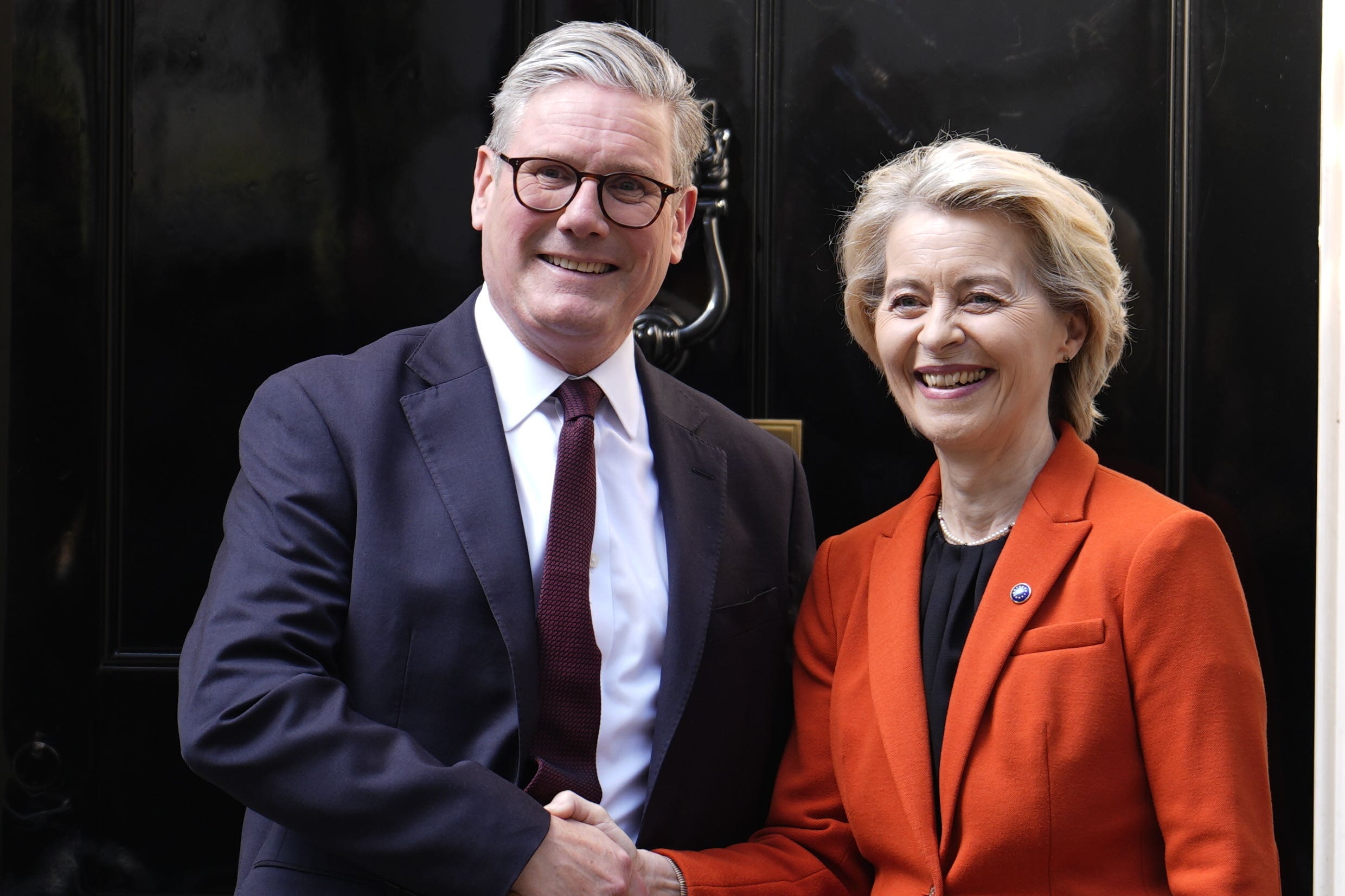Shorouk Express
Sign up to our free Brexit and beyond email for the latest headlines on what Brexit is meaning for the UK
Sign up to our Brexit email for the latest insight
Sign up to our Brexit email for the latest insight

A landmark deal has been agreed between Britain and the European Union after a last-minute breakthrough in Sir Keir Starmer’s reset talks.
Sir Keir – who has made the Brexit reset a centrepiece of his administration – said Monday’s summit marks a “new era” of relations with the bloc, adding that it is about “moving on from stale old debates” and “looking forward, not backwards”.
Some issues have proven thornier than others, with the topic of fishing rights understood to have been a key stumbling block for negotiators that was only solved in the early hours of the morning.
Meanwhile, talks surrounding a youth mobility scheme appear to have ended in a deadlock. As the prime minister faces judgement on how successful his mission to reset relations with the EU has really been, The Independent takes a look at exactly what has been agreed.

Youth mobility scheme
After months of speculation over what a youth mobility scheme would look like, it is understood that no such deal has been agreed. While there was mounting pressure on the UK from the EU to agree a scheme – which would let under-30s study, live and work between Britain and the continent for a number of years – negotiators appear to have failed to reach an agreement, instead simply leaving the door open for further discussion.
“The European Commission and the United Kingdom should work towards a balanced youth experience scheme on terms to be mutually agreed,” the agreement states, adding that any deal should allow young people to work, study, travel or volunteer abroad for a limited period of time. A possible deal should also ensure that the “overall number of participants is acceptable to both sides”, the text says.
Alongside this, the UK and EU have agreed to “work towards” Britain rejoining Erasmus – an EU programme which provides funding for students, teachers, and staff to study, train, gain experience, and volunteer abroad. The scheme was seen as a major loss to British students after Brexit.
Defence and security
A UK-EU security and defence partnership has long been sought by the UK government and has been seen as the centrepiece of Britain’s new relationship with the European Union. However, today’s agreement appears to be thin on detail, with the document saying the partnership provides a “framework for dialogue and cooperation on security and defence”.
The UK and EU have agreed to “boost cooperation” in a number of areas, including supporting Ukraine, the mobility of military personnel, space security, cybersecurity and maritime security.
They have also agreed to explore further cooperation on health security, including the “detection of, preparedness for, and response to emerging health threats to prevent and mitigate against future pandemics and health crises”.
Alongside this, it has been announced that the UK will enter talks about access to EU facial image data for the first time, which will make it easier to catch criminals across borders.
Fishing rights
Fishing rights have been a key obstacle in negotiations with the European Union, with negotiators hashing out details on the issue until the early hours of the morning on Monday. But after a major breakthrough, Britain has now agreed to open its fishing waters for 12 more years to EU boats – significantly more than the five years that were initially offered by the UK.
Passport e-gates
Negotiators agreed to “continue their exchanges on smooth border management for the benefit of their citizens”, with the agreement saying there will be no legal barriers to e-gate use for British nationals traveling to and from EU countries after the introduction of the European Union entry-exit system – an automated IT system for registering non-EU nationals travelling for a short stay each time they cross the external borders.
Trade
As part of the deal, a new sanitary and phytosanitary measures (SPS) agreement will make it easier for food and drink to be imported and exported by reducing the red tape that placed burdens on businesses and led to lengthy lorry queues at the border. This agreement has no limit, which the government has said will provide “vital certainty to business”.
Meanwhile, some routine checks on animal and plant products will be removed completely, allowing goods to flow more freely between the UK and the EU. UK officials said this could “lower food prices and increase choice on supermarket shelves – meaning more money in people’s pockets”.
The deal also brings an end to the EU ban on UK exports of sausages, mince and other chilled meats, which has been in place since January 2021.
Alongside this, British steel exports will be protected from new EU rules and restrictive tariffs in an arrangement the government estimates will save British steel £25m per year.
Emissions
The UK and EU have agreed to cooperate more closely on emissions by linking their emissions trading systems – a market-based approach to reducing greenhouse gas emissions which works by setting a limit on the total amount of emissions that can be released by a group of polluters.
The closer cooperation will allow UK businesses to avoid being hit by the EU’s carbon tax, which is due to come in next year and risk British businesses being forced to pay up to £800m.
Ministers argue that the SPS agreement and the emissions trading systems linking measures combined will add nearly £9bn to the UK economy by 2040.




















